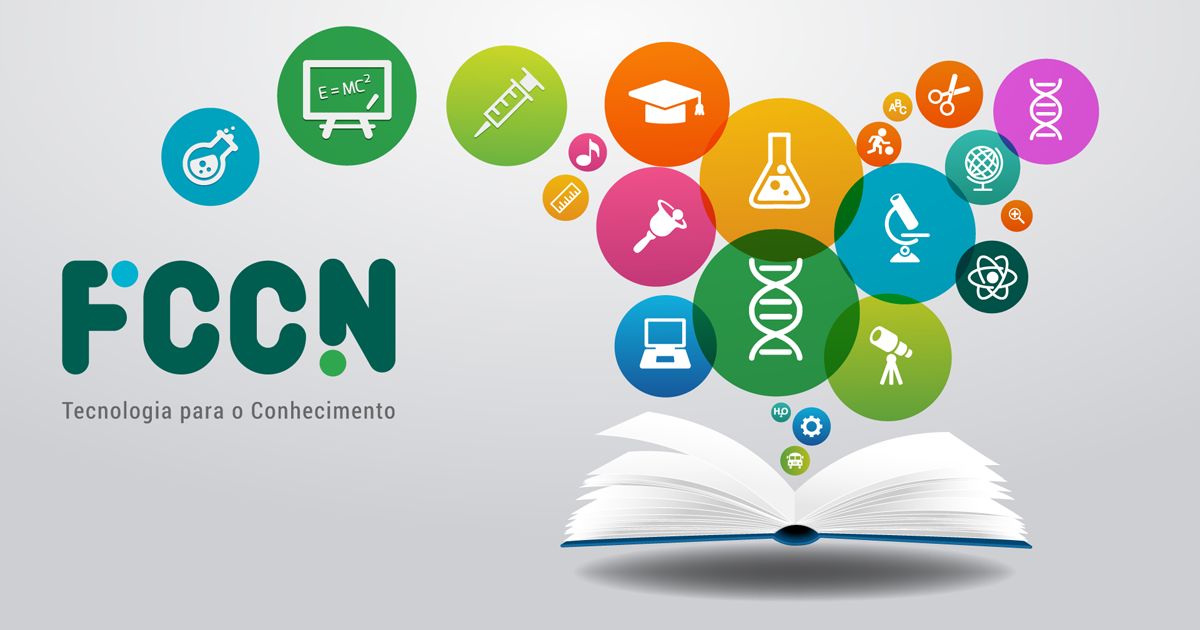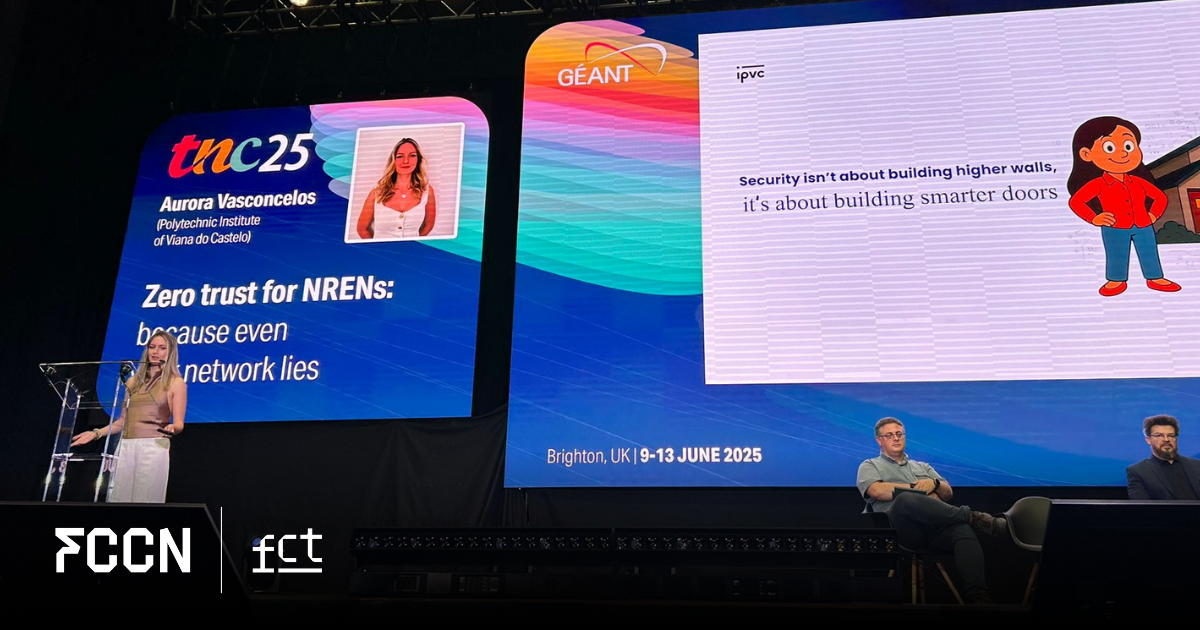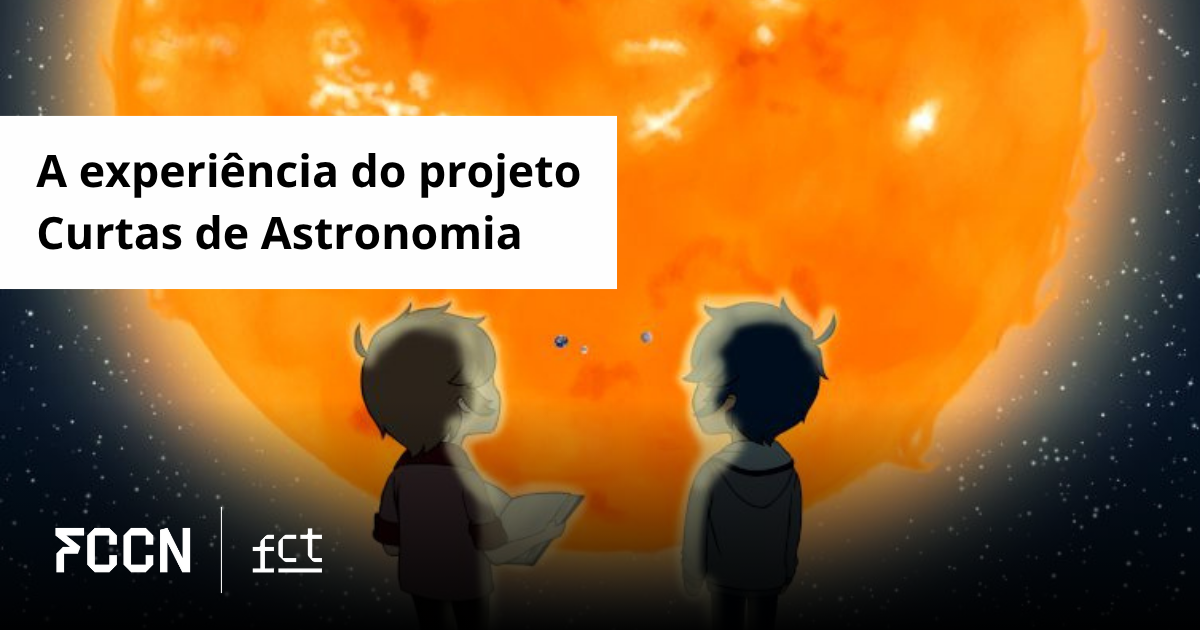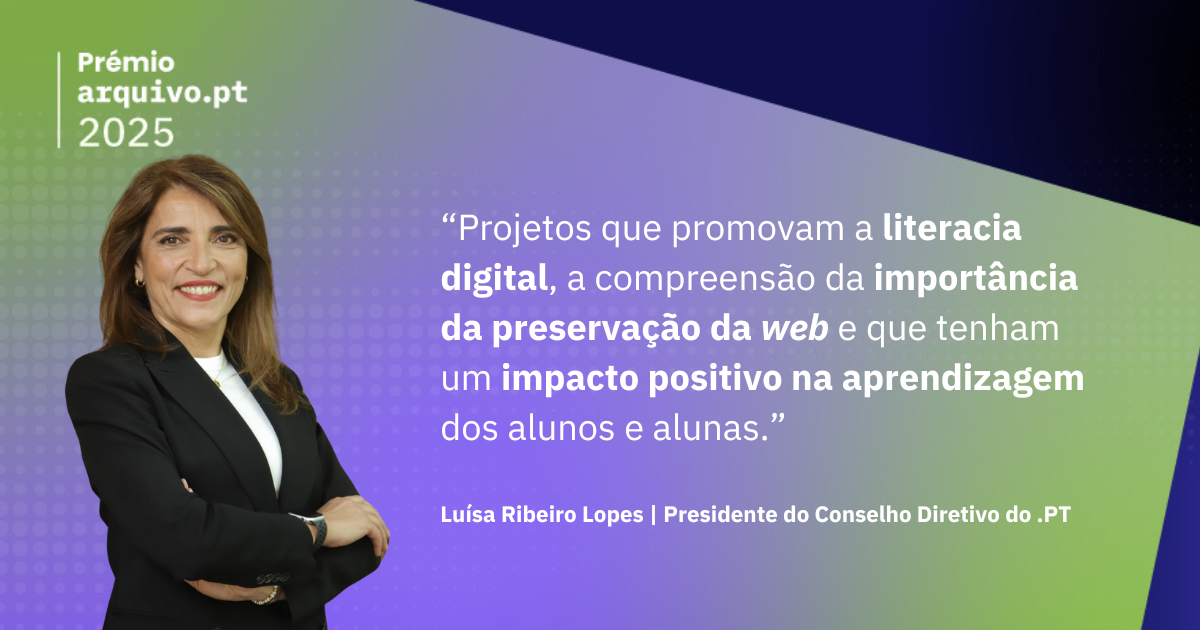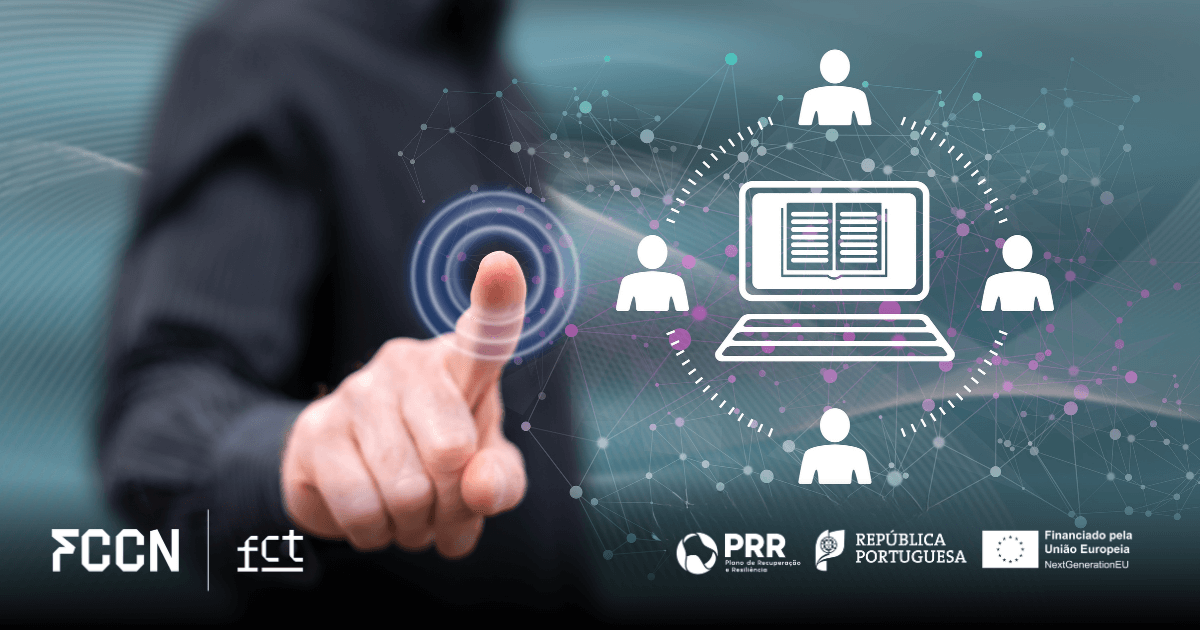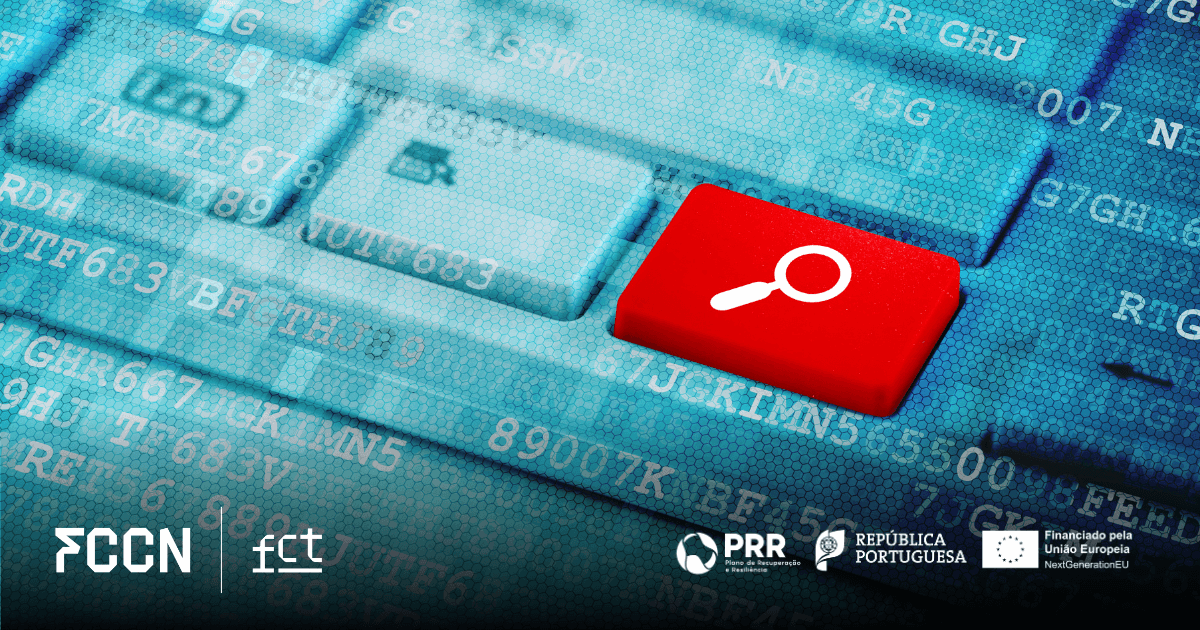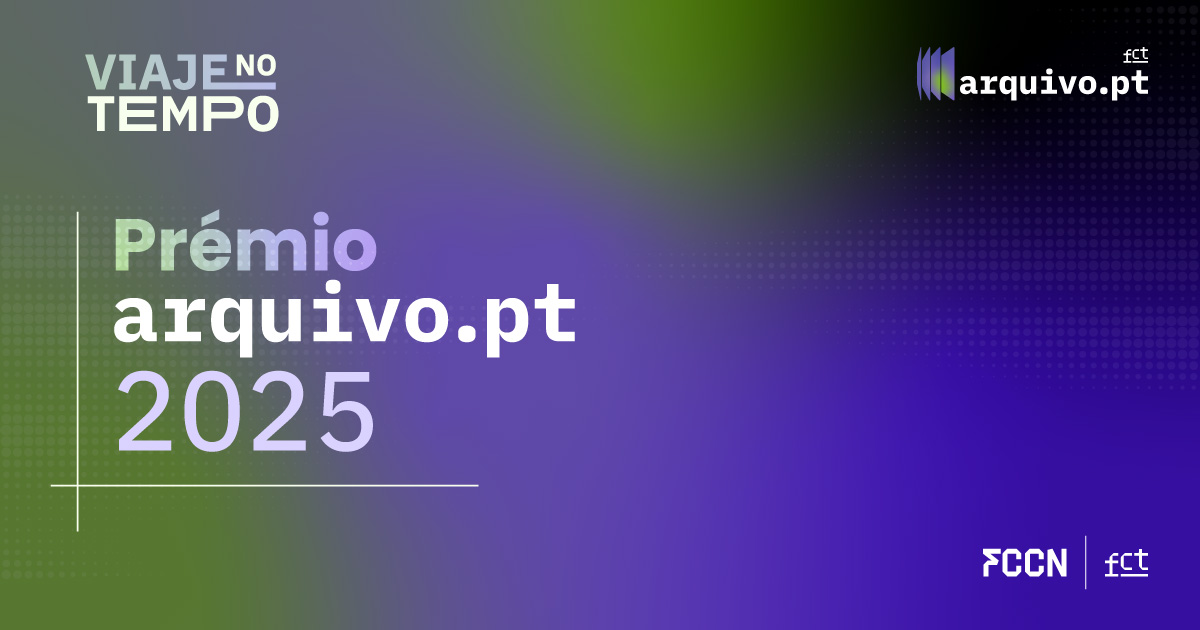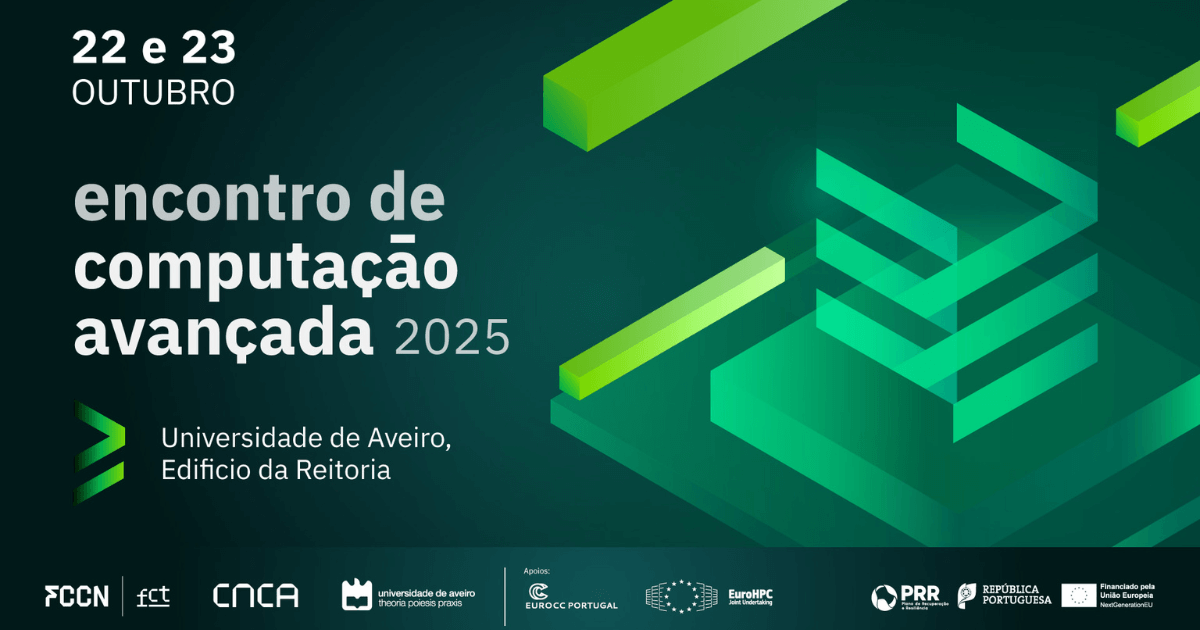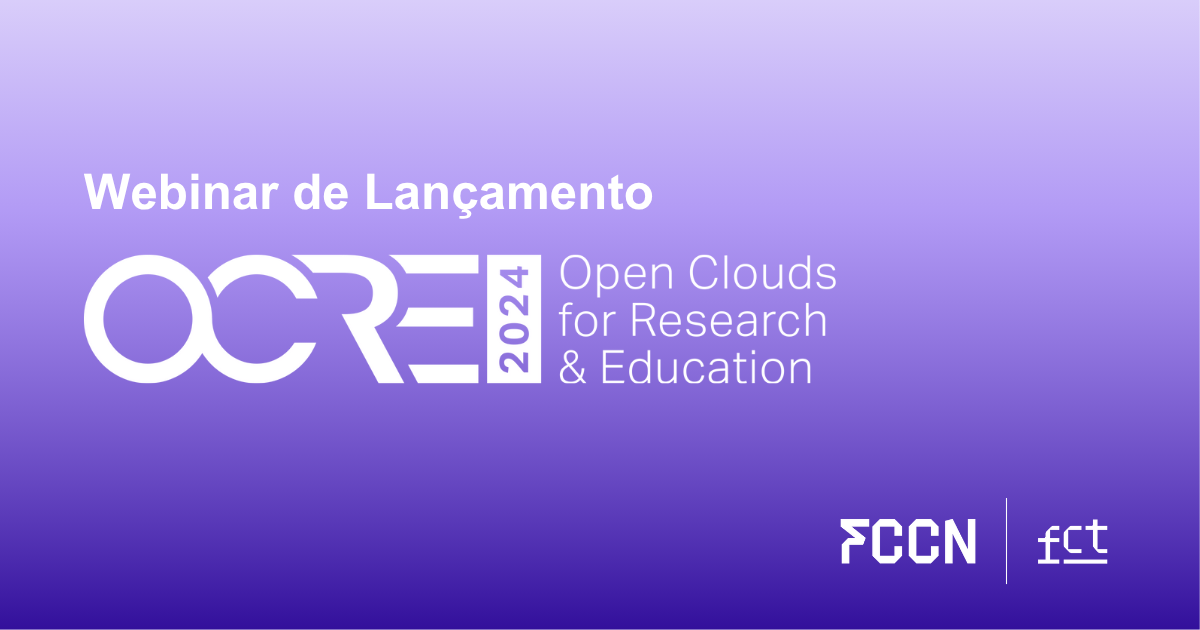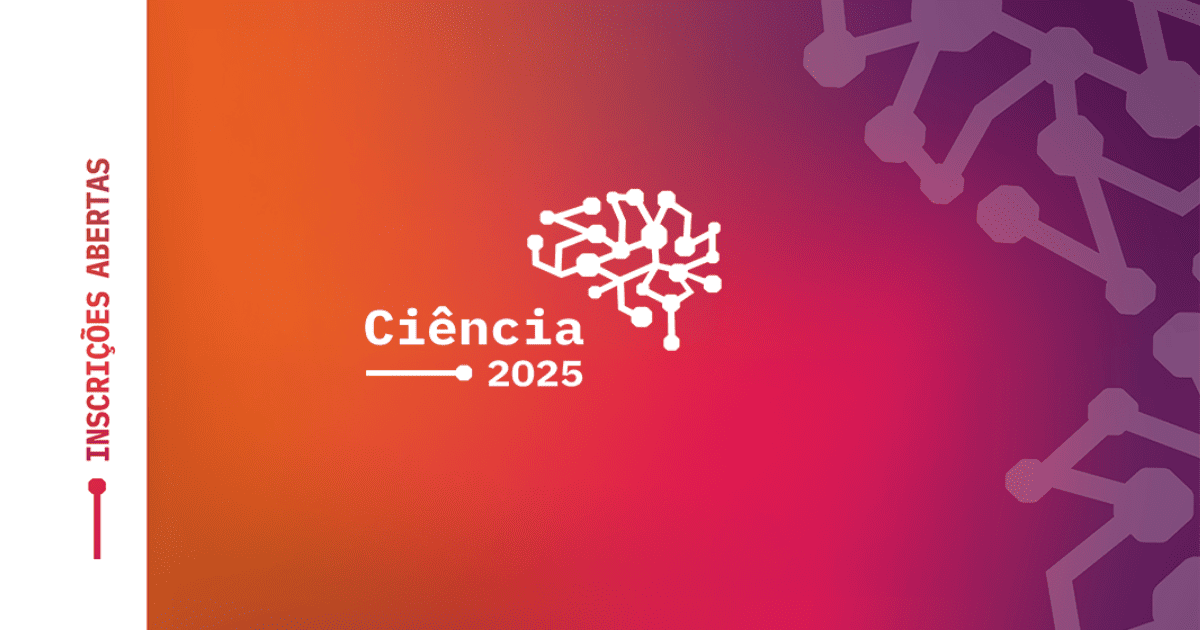Find out more about the concept of Open Science and the efforts made by the FCT Unit FCCN to implement its principles.
A better science, with greater capacity to face global challenges and in which society trusts more fully. This is the goal envisaged by the concept of Open Science, a set of principles that aims, as the name implies, to ensure the openness of research results, facilitating access to them. " Open Science aims to transform science through digital tools and networks, making research more open, global, collaborative, creative and close to society," says the European Commission on its website.
Given the importance of these objectives, Open Science principles have been seen as a priority in the design of European policies in the areas of Science and Knowledge. A clear example of this commitment can be found in new model contract for funding implemented by the European Commission in the Horizon Europe programme, which sets out the basic conditions for guaranteeing European funding until 2027. The document embodies the political relevance of this topic, establishing the principles of Open Science as "the modus operandi" of this process.
Most recently, the European Commission and the EOSC (European Open Science Cloud) Association announced the establishment of a partnership to implement this common research data platform that aims to aggregate searchable, accessible, interoperable and reusable information. The European Commissioner for Innovation, Research, Culture, Education and Youth, Marya Gabriel, considered that this solution will allow researchers to "find, create, share and reuse digital forms of knowledge", which will lead to "new leads and innovations", as well as "greater productivity and reproducibility".
More than a European effort, initiatives to promote Open Science have taken place all over the World. In 2019, UNESCO decided to develop an international standard-setting document on Open Science, which should be approved by the 193 member states in November this year. The preliminary report It proposes a set of actions leading to a fair and equitable operationalization of Open Science.
In Portugal, the Foundation for Science and Technology (FCT), through its Unit FCCN, has been making efforts to promote and implement the principles of Open Science, and is the organization mandated to represent Portugal's interests within the EOSC association. Find out about some of the initiatives developed by the Unit FCCN in this area.
5 Open Science initiatives from the unit FCCN
#1 Digital Transformation in Research
Since the beginning of 2020 , the FCCN Unit has been working on work in the area of Digital Transformation in Researchwith a view to strengthening investment in the area of open science at national level, particularly in the management of research data. The project, which includes funding from COMPETE (European Social Fund), is scheduled to end in December 2022 and is seen as a reinforcement "of the investment that FCT has been making in recent years in science management".
To know more see the project page.
#2 PTCRIS
The activities developed within the scope of Open Science have also resulted in initiatives such as PTCRIS, a structuring programme that facilitates the processes of management, production and access to information on national scientific activity. Based on this basic concept, PTCRIS is creating an "open ecosystem" that involves agents from the scientific research world, the business world, teaching or the media and that, in line with the principles of Open Science, is based on "facilitated access to authoritative, complete and reliable information".
To learn more about the PTCRIS, consult the service's website.
#3 SCIENCE ID
The same logic of transparency and accessibility is at the basis of the creation of CIÊNCIA ID, a form of individual and permanent identification for citizens who develop scientific activity , reducing bureaucracy, reusing information and facilitating access to information scattered on various platforms. Through this service, researchers now have a unique account that allows authentication in several other services that also seek, in turn, to implement good Open Science practices.
To find out more about the CIÊNCIA ID, consult the service's website.
#4 SCIENCEVITAE
One of the services included in CIÊNCIA ID is CIÊNCIAVITAE, the national science curriculum management system. Through this resource, it was possible to modernize the administrative processes supported by sharing a curriculum vitae . Since it works as an integrated repository, this service managed by the FCCN Unit has a direct impact on the materialization of the principles of Open Science, bringing citizens closer to scientific research. To date, around 65,000 researchers have registered on the platform and have published over a million articles.
To find out more about CIÊNCIAVITAE, consult the service's website.
#5 RCAAP
The link between RCAAP - Open Access Scientific Repositories and the principles of Open Science is clear from the very name of this portal. Its aim is to collect, aggregate and index scientific content in the institutional repositories of higher education institutions or other organizations in the world of research and development. This information is then made available on this portal managed by the FCCN Unit, which is thus a single point of search, discovery, location and access to thousands of scientific and academic documents.
To know more about RCAAP consult the service page.
